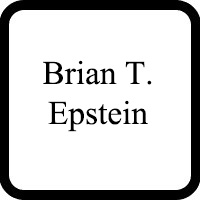Port Jefferson Station RICO Act Lawyer, New York
Sponsored Law Firm
-
 x
x

Click For More Info:
-
The Law Offices of Richard L. Cooper, P.A.
848 Brickell Avenue Suite 800 Miami, FL 33131» view mapDWI/DUI, Drug Trafficking, Felony Nationally Ranked Top 40 Under 40
With Richard L. Cooper you can expect a trusted confidant who will work diligently to fully understand your case and determine a road map to help you regain control of your life.
800-756-2781
Not enough matches for Port Jefferson Station RICO Act lawyer.
Below are all Port Jefferson Station Criminal lawyers.
Brian Todd Epstein
✓ VERIFIEDAccident & Injury, Criminal, Divorce & Family Law, Estate, Real Estate
Attorney Epstein graduated with his J.D. from Touro College. Attorney Epstein practices Divorce & Family Law, Criminal, Accident & Injury, Estate, and... (more)
Paul Rethier
Bankruptcy & Debt, Divorce & Family Law, Criminal, Accident & Injury
Status: In Good Standing
FREE CONSULTATION
CONTACT
 Richard L. Cooper Miami, FL
Richard L. Cooper Miami, FL AboutMiami Attorney at Law
AboutMiami Attorney at Law ServicesCriminal Defense
ServicesCriminal Defense

